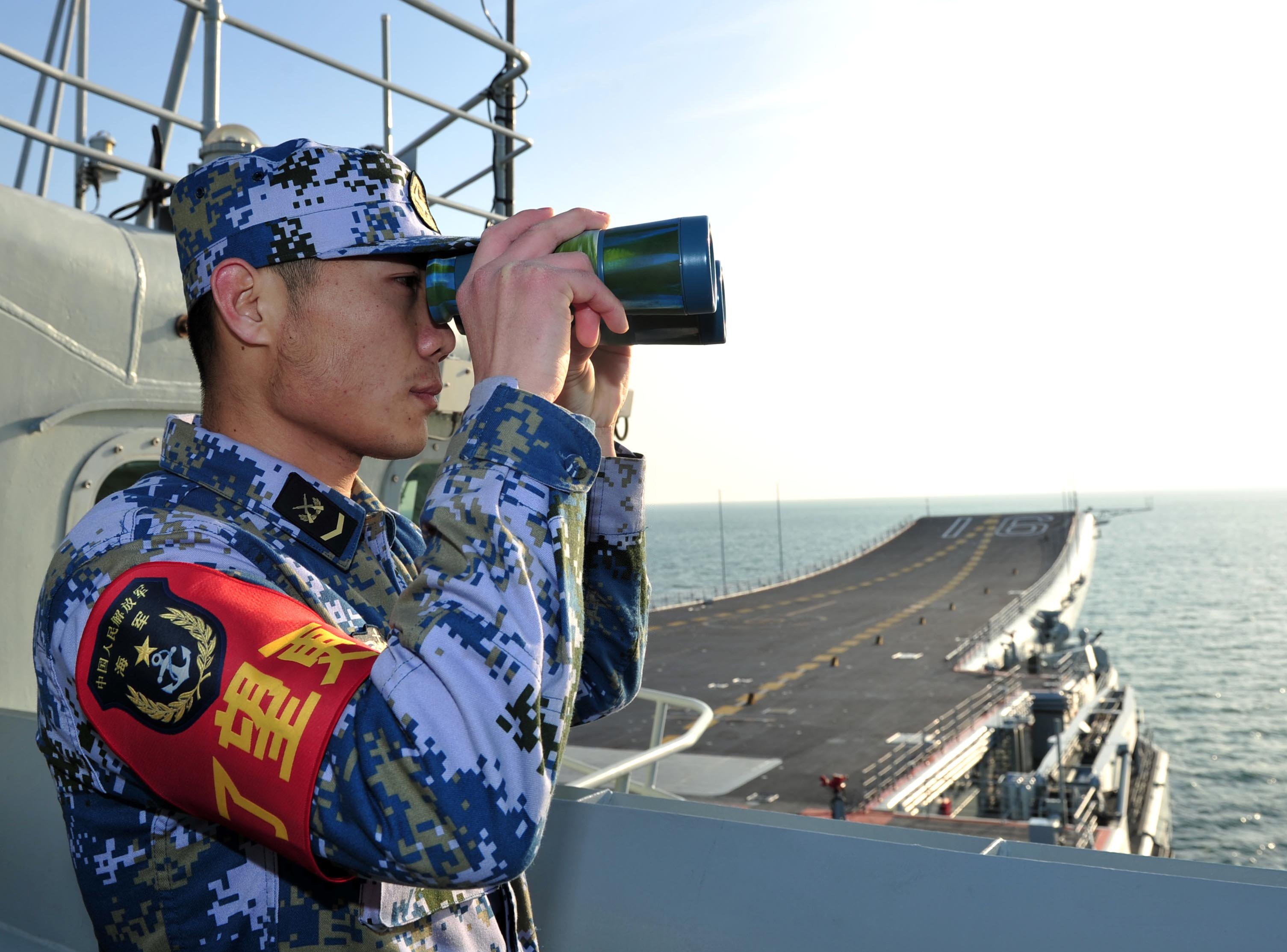
China’s recent activities in the South China Sea, which include bullying Vietnam and Malaysia over ocean drilling and ramming Philippine fishing vessels near Scarborough Shoals, top the list of Asian security concerns, a panel of experts said last week.
“China is in the driver’s seat” in the region since it has completed its island-building campaign on coral reefs that can support the persistent deployment of coast guard and paramilitary vessels to back up territorial claims, Gregory Poling, the director of the Center for Strategic and International Studies Asia Maritime Transparency Initiative said Wednesday during the CSIS Asia Forecast 2020 panel discussion.
“There are literally hundreds of players out there hopped up on nationalism,” Poling adding, explaining it’s not just China who could spark a crisis growing out of a small incident.
With Vietnam and Malaysia, there are incentives for China to pave over some of the damage from previous disputes, Poling said. However, he added Beijing is currently taking a more adversarial approach, buoyed by its recent success blocking oil and gas exploration by Hanoi and Malaysia in disputed waters. China appears intent on “harassing in blocks [of the ocean] where drilling has begun,” shutting down those operations, he said.
The sheer size of the Chinese coast guard and its naval militia make this possible, Poling said. “China has more boats,” and no Asian nation can match it when pressure like that is applied “in a war of attrition.”
So far, the United States has remained on the sidelines of these disputes, taking a neutral course of conducted freedom of navigation operations to maintain open passage for all nations through contested waters.
If push came to shove, say between Beijing and Hanoi over mineral exploration and drilling, Poling said the U.S. would make loud protests but would likely avoid a military confrontation. If the dangerous incident involved the Philippines, a U.S. ally, the matter would become more complicated for Washington.
Philippine President Rodrigo Duterte has at times tried distancing himself from the United States. But the country’s military and the public strongly favor closer ties to the U.S. over ties to China, Poling said. The U.S. denounced China’s actions during the previous ramming incident, but Poling said It’s unclear what would happen if “another Philippine fishing boat goes down” and “China called our bluff.”
In looking at another possible flashpoint, North Korea, Sue Mi Terry, a CSIS senior fellow, expects Kim Jong Un’s regime to test the President Donald Trump administration with new provocations — submarine-launched missile and medium-range missile tests. She doubts North Korea will resume open testing of nuclear weapons, keeping the door open to possible talks with Washington.
The North Koreans “want the end of sanctions,” which will not happen during the Trump administration without denuclearization. Kim has been working with China, and to a lesser extent with Russia, in getting the U.N. Security Council to ease some of the restrictions on North Korea’s buying and selling, Terry said. Seoul is also willing to resume joint economic projects with Pyongyang, which Terry said is another means of skirting sanctions.
The Trump administration’s insistence on having annual talks over burden-sharing on the peninsula are complicating matters for the U.S. By telling South Korea to expect its support of America’s presence to rise from the current $1 billion annually to $5 billion is a major stumbling block for President Moon Jae-in’s government.
The negotiations over this plan “are going nowhere. “Everybody [from elected officials to the South Korean public] is united in pushing back on this Special Measures Agreement. After six rounds of talks and no agreement in sight, Terry said that Seoul is “willing to give [Trump] something — by doing other things” than paying $4 billion more than 2019. So far, the administration hasn’t responded to these offers.
She and others noted that as far back as the 1980s the president “has [had] a persistent theme” when it comes to drawing down troops in Korea and having Seoul pay more for the remaining forces. It’s a position that “is very concerning” to Koreans because it raises their concerns over Washington’s treaty commitments to come to their defense.
Because Tokyo is next in line for burden-sharing talks, Nicholas Szechenyi, the CSIS Japan chair, is paying close attention to what happens in Korea. While the East China Sea remains quiet when compared to what’s happening in the South China Sea, he said that doesn’t mean Beijing has eased its testing of Japan’s defenses. Tokyo scrambled its air defense forces 300 times last year to check Chinese intrusions. “Their operating tempo hasn’t changed.”
Taiwan’s security is also routinely tested by the Chinese. However, Bonnie Glaser, director of the center’s China Power Project, said, “I don’t think Beijing is going to panic” over the re-election of President Tsai Ing-wen. The talk is “tough,” coming from Chinese leaders, but it appears to be a “we’re not going to talk to Tsai” approach for the next four years.
“They want to have the carrots” of trying to induce Taiwanese to migrate to the Mainland “and hold the sticks” of a threatened invasion.





